Use these free tools to access reports, investigate fraud, and track scam trends in your area.
This free law enforcement-only database helps you use millions of consumer reports to investigate fraud-based crimes in your jurisdiction, and helps you connect with law enforcers nationwide. With automatic language translations for most complaints in other languages, you can better understand what’s happening in your community.
CLU enhances coordination between criminal law enforcement agencies and the FTC to help prosecutors bring more criminal consumer fraud cases. Contact CLU to learn more about using the FTC as a resource to prosecute consumer fraud.
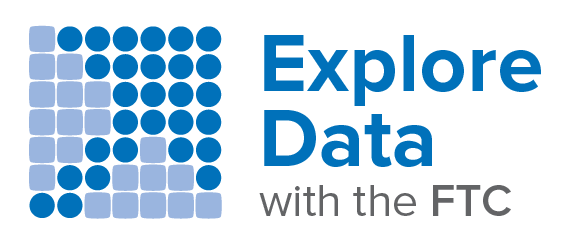
This interactive dashboard compiles the FTC’s consumer reports on fraud, identity theft, and other consumer problems. Spot trends and top reports near you and download visualizations for presentations and reports.
Share free resources to help the many communities you serve spot, avoid, and report scams.
For Everyone
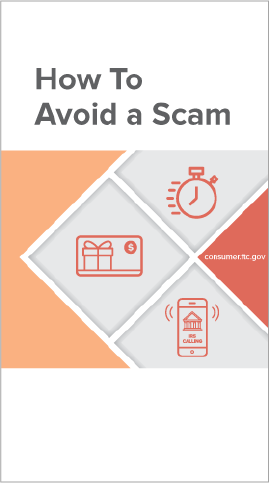
Older Adults
Pass It On encourages older adults to talk with friends and family about frauds like charity, impersonator, and grandkid scams. Plan presentations or start discussions using resources like handouts, slides and talking points, and activity sheets.
Kids and Parents

To help parents and kids safely navigate life online, order Heads Up: Stop. Think. Connect. (for kids) and Net Cetera: Chatting with Kids About Being Online (for parents). Ask resource officers to pass them out at school assemblies or put them on resource tables at local events.
Small Businesses
Small businesses need help avoiding scams, protecting their assets, and keeping customers safe. Help owners in your community get the information they need about:
Multilingual Communities
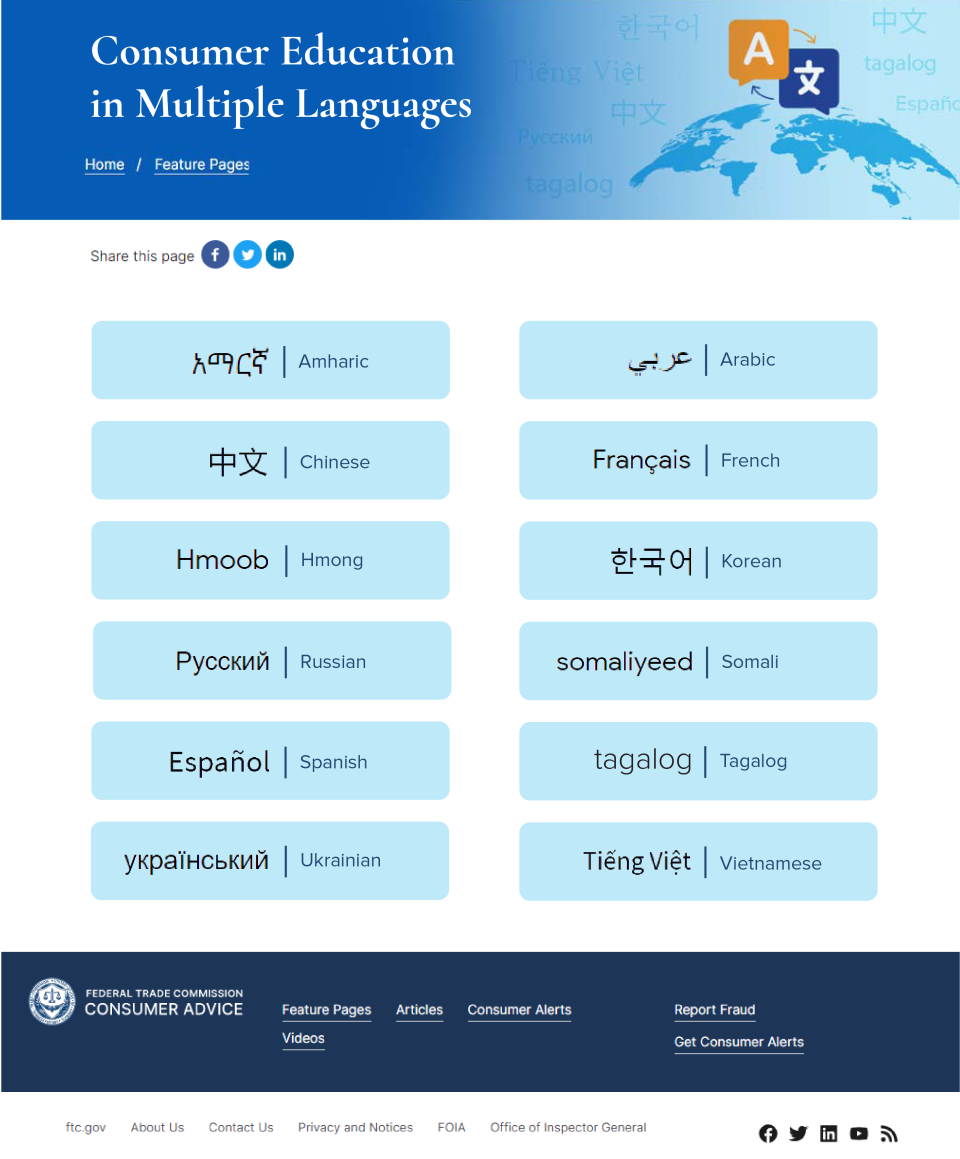
Share advice about scams in the languages your community feels most comfortable speaking.
- Find consumer education and business information in Amharic, Arabic, Chinese, Korean, Russian, Spanish, Tagalog, Ukrainian, Vietnamese, and more at ftc.gov/languages.
- Order fotonovelas to show Spanish speakers practical steps to spot and avoid common scams. Find these graphic novels online in English, too!
Immigrant Communities
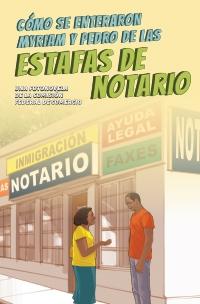
Share print materials to help recent refugees and immigrants spot, avoid, and report scams and get the right kind of help — start at ftc.gov/refugee and ftc.gov/immigration. Post the Scams Against Immigrants video on your social media pages. Bring copies of the Fraud Handbook in multiple languages to share at community events. Order copies of the Notario Scams Fotonovela to share warning signs, where to find real help with the immigration process, and how to report scams.
Weather Emergencies
If a disaster affects your community, ftc.gov/WeatherEmergencies can help your community prepare and recover — while avoiding scams.
Blocking Unwanted Calls
Help people deal with robocalls and block unwanted calls at ftc.gov/calls.
Use these free tools to share consumer protection topics.
Giving a Presentation?
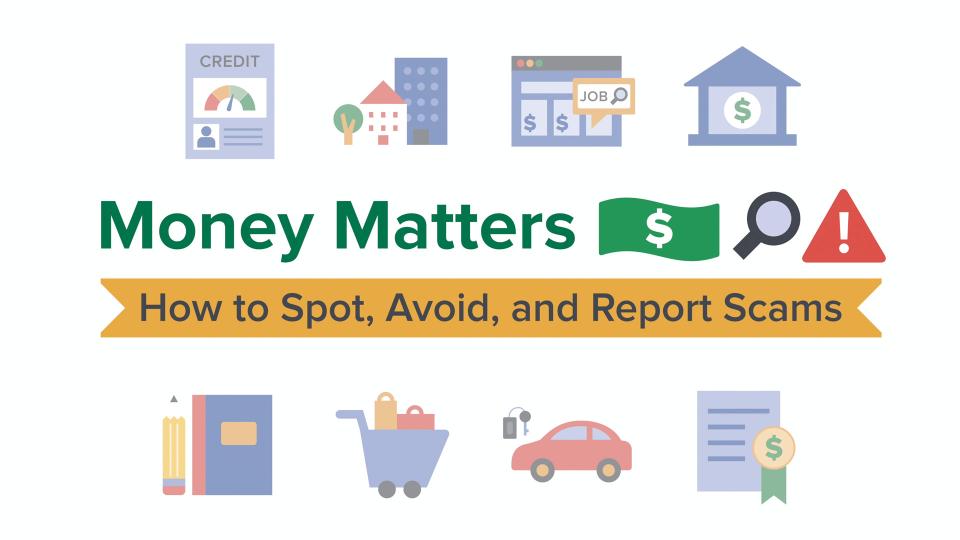
- Visit Money Matters for information on how to spot, avoid, and report frauds and scams that can affect your financial well-being — and scripted presentations to help you spread the word.
- Use an FTC video in presentations, on social media, or in your station to help people know how scams happen and what to do about it.
- Order free publications from the FTC on topics like scams, privacy, credit, and more. Download and print a few copies or order in bulk in English, Spanish, and other languages. Shipping is free.
Posting on Social Media?
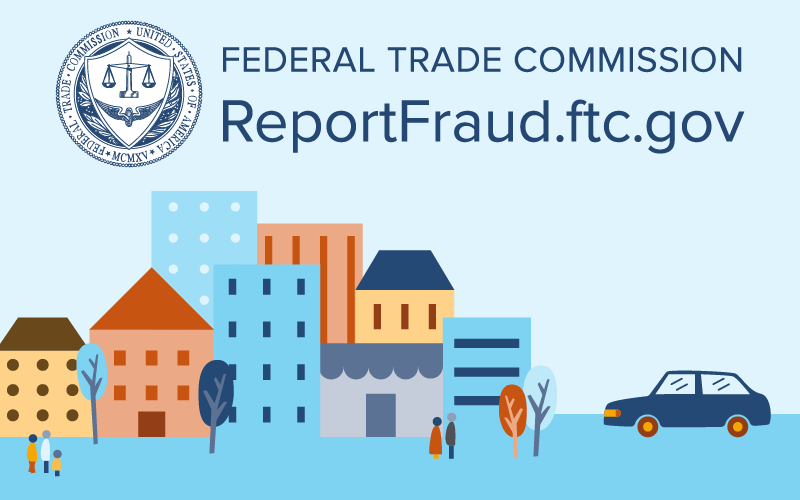
- Post an FTC short video on your social media pages.
- Share consumer alerts with people who follow you to help them keep up with the latest scams.
- Add reporting fraud social media shareables to your feed in English and Spanish.







